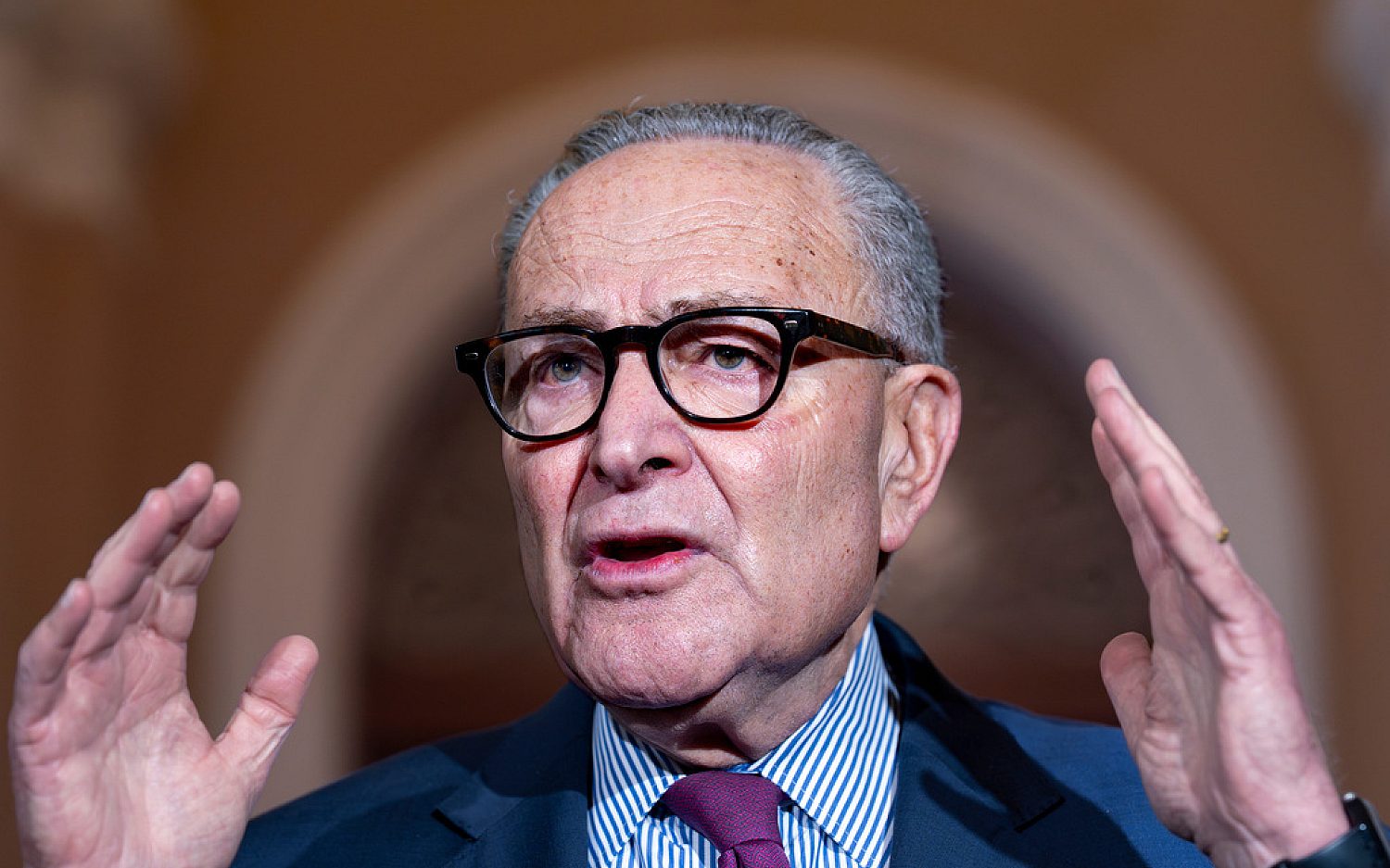The GOP’s North Carolina blues
The Republican Party’s lackluster incumbent senator has left the Tar Heel state up for grabs
Earlier this month, Sen. Richard Burr, R-N.C., stood behind a podium under hot television lights, flanked by his Democratic challenger, Deborah Ross, in North Carolina’s first and only Senate debate.
Fresh off Donald Trump’s October surprise, the leaked 2005 Access Hollywood video in which he discussed groping and kissing women without their consent, Burr was asked why he continues to support the Republican presidential nominee.
Burr took a deep breath before answering and parsed his words carefully.
“When somebody asks for forgiveness you grant it,” he said. “Now, I’m not going to defend Donald Trump or his actions—I’ve spoken out quickly and loudly when I’ve disagreed with something. But when I look at our choice, it’s not close for me, I’m going to support my nominee.”
Before the 2016 election cycle started, most observers predicted Senate Republicans would face a fight to keep their majority, but a challenge to Burr’s seat seemed far-fetched. As a two-term GOP senator in a Republican-leaning state, the Senate contest in North Carolina was Burr’s to lose. But with Election Day less than two weeks away, the incumbent faces a real risk of getting a political pink slip, and his support for Trump may only be a small reason why.
Burr, 60, has not lost a race since 1992. The son of a Winston-Salem, N.C., Presbyterian minister, Burr played football at Wake Forest University and worked in business for 17 years before seeking elected office. After losing his first race, he rebounded and has handily won every contest since.
He’s going on 22 years in Washington—a decade in the House of Representatives and the past dozen in the Senate. He chairs the influential Senate Select Committee on Intelligence, and when Trump clinched the GOP nomination, he tapped Burr to join his national security advisory panel. But despite his long tenure of service and prominent placement, Burr has hardly been remarkable.
“Burr is not a very visible senator,” said David Rohde, a Duke University political science professor. “He’s tended to his knitting in Washington. I don’t think what he’s done there has been very visible to the voters, and therefore that mitigates the advantages an incumbent usually has.”
Rohde blamed Burr’s underperformance thus far on his low profile in Washington, not necessarily on having Trump at the top of the ticket.
Many Republicans worry Burr, whose laid-back personality is well known, simply wasn’t working hard enough on the campaign trail before this month.
“I look at the last three weeks as the most important part of the campaign,” Burr told The Wall Street Journal in August.
RealClearPolitics gave Burr a solid lead over Ross in May. Now he clings to a 3-point advantage when averaging North Carolina polls, with some samples showing Ross ahead. FiveThirtyEight projects Burr with a 1-point advantage and a 64 percent chance of retaining his seat.
Democrats need a net gain of four Senate seats to take away Republican control and five to lead the chamber outright in the next Congress. Most strategists focused attention on more vulnerable Republican seats: Sens Ron Johnson of Wisconsin, Mark Kirk of Illinois, and Pat Toomey of Pennsylvania. They considered North Carolina a long shot, especially when they couldn’t recruit a well-known candidate.
Ross, 53, served in the North Carolina General Assembly for 10 years and led the state’s American Civil Liberties Union for eight years before that. She started the race with little name recognition but got boosts along the way from joint campaign appearances with Democratic presidential nominee Hillary Clinton and President Barack Obama.
While Ross slowly closes the gap, Burr’s campaign remains sluggish. The incumbent amassed more than $11 million for his reelection bid, with one-third coming from special interest groups. But as of this week, Burr only spent about $4.4 million on his campaign. In half the time, Ross raised almost as much money and spent more than $7 million.
Some of Ross’ largest campaign expenditures have been for ads tying Burr to Trump and the Washington bureaucracy, as well as highlighting what she calls his ineffectiveness.
Rohde told me Ross’ attacks have been successful in making Burr less attractive to Trump supporters who favor an outsider.
But the senator told The Washington Post his tight race has nothing to do with his record: “I’ve got the toughest race I’ve been in, and it’s primarily because North Carolina is a battleground state.”
Current polls show Clinton outperforming Trump in North Carolina, and voters remain split between Republican Gov. Pat McCrory and his Democratic opponent, Roy Cooper.
Rohde told me it’s becoming increasingly rare for voters to split their ballot, making it unlikely Burr will be able to hang on if Clinton wins by a large margin. The party that wins the top of the ticket could sweep all three races.
An actual newsletter worth subscribing to instead of just a collection of links. —Adam
Sign up to receive The Sift email newsletter each weekday morning for the latest headlines from WORLD’s breaking news team.




Please wait while we load the latest comments...
Comments
Please register, subscribe, or log in to comment on this article.